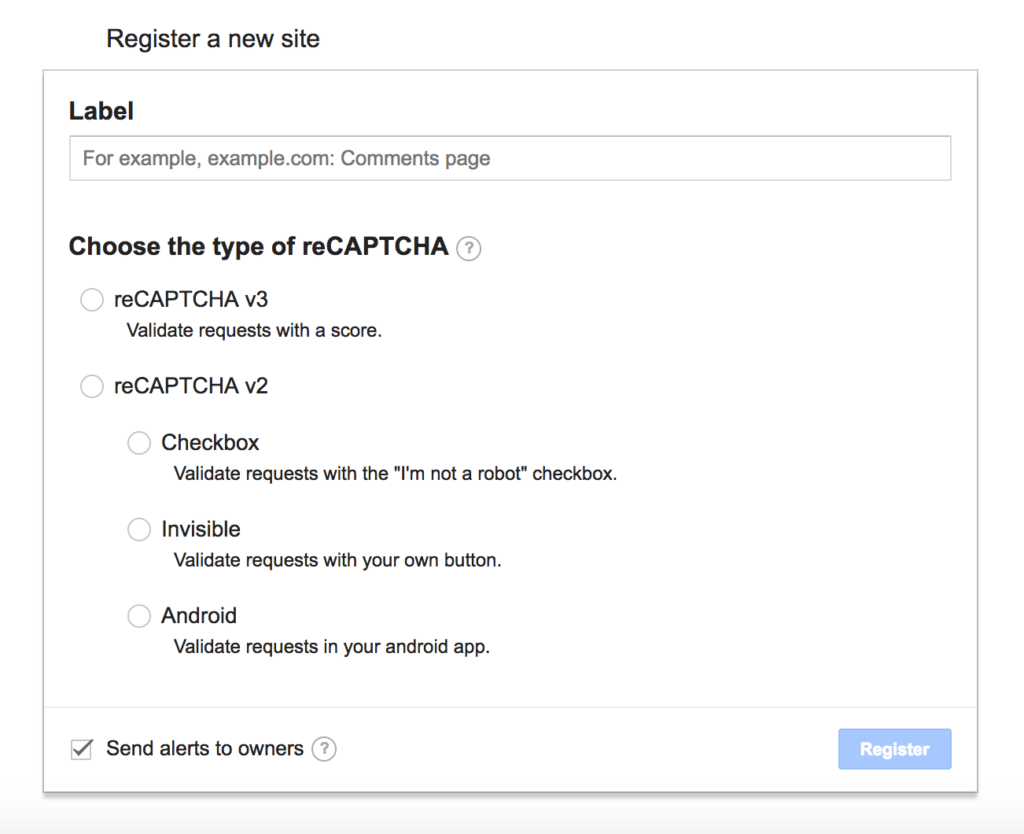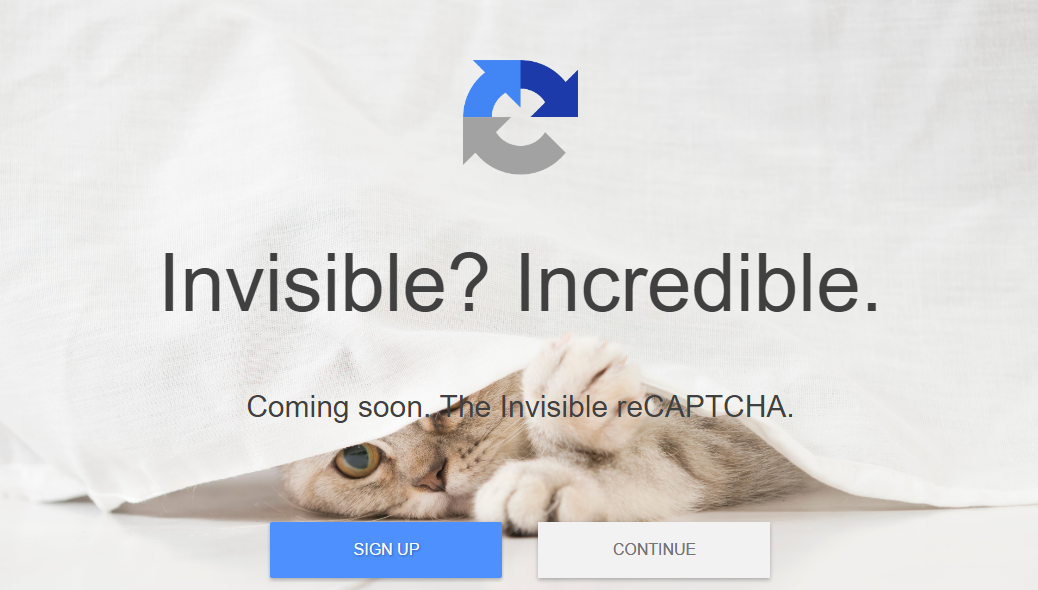Previously you may have heard about the introduced Google reCAPTCHA v3. Older versions of the API were allowed to stop bots; but they also got the frustration of internet users who sometimes needed to fill in the Captcha a few times, before they were able to send their comment. Users were regularly displeased with contorted text challenges, road sign puzzles, clicks and other challenges to prove their human origin. But this version promises to offer a new “problem-free user experience”. Let’s see what’s in there for us…
About reCAPTCHA v3
reCAPTCHA v3 offers a significant improvement by detecting bots in the background and returning a “score” that tells the WordPress admin whether it is a suspicious interaction. The web traffic is assessed with the so-called Adaptive Risk Analysis Engine, (have you heard that term before? Neither did I!) instead of forcing human users to carry out interactive assignments. The score can be used in three different ways:
1. Set a threshold, which determines when a user may continue or when further authentication is required, such as double authentication or telephone authentication.
2. Combine the score with your own signals, which reCAPTCHA can not access, such as user profiles and transaction history.
3. Use the reCAPTCHA score as one of the signals in order to train your machine learning model to prevent abuse.
reCAPTCHA v3 gives website owners more possibilities to adjust the thresholds and actions for different types of web traffic. You can view your web traffic in the reCAPTCHA admin console. This also shows a list of all your websites and which version of the API they use. There is also a form to register new websites:

reCAPTCHA v3 for WordPress
There are countless standalone WordPress plugins and contact forms that make use of reCAPTCHA in one way or another. WordPress websites that have already been set up to use v2 or the Invisible CAPTCHA will not automatically update to v3. To integrate reCAPTCHA v3 on your WordPress blog, you have to go through a different implementation process. WordPress plugin developers offering reCAPTCHA should choose whether to update their existing plugins to use reCAPTCHA v3, or to provide a v3 option in a new plugin.
Data analytics expert. As an analyst and project manager, I have proven to be a strong leader and team player in maintaining a suitable workspace for workers and industries in the oil and gas sector.
By taking into account various factors, with the assistance of state of the art technologies and the utilization of Big Data Analytics.
This includes considering various aspects like volume, velocity, variety, veracity, value together with complexity.
With the recent advent of data recording sensors in exploration, drilling, and production operations, oil and gas industry has become a massive data intensive industry.






